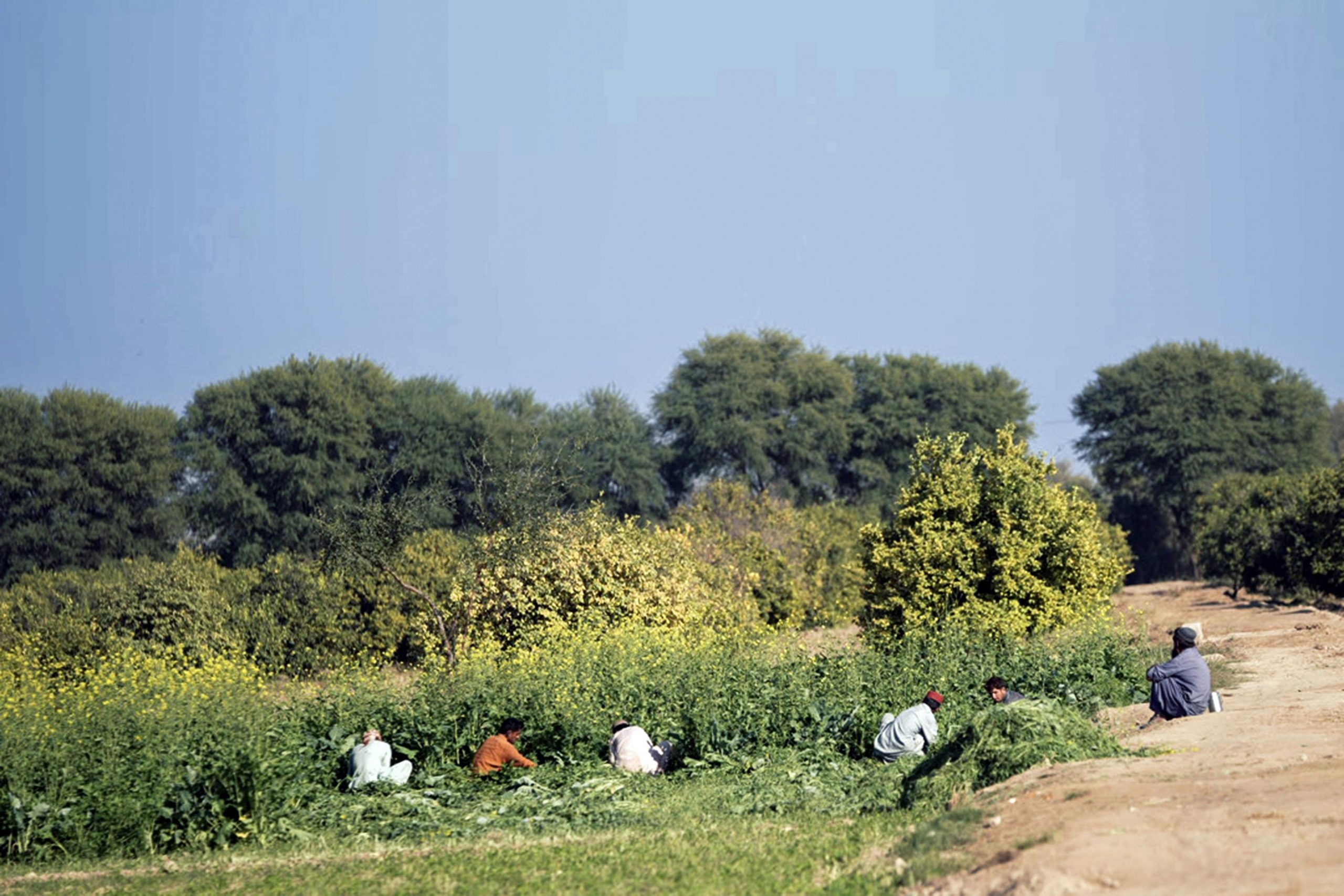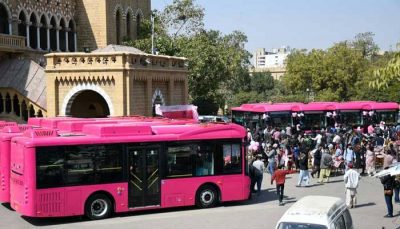Third Tier Organisations (TTOs) are essentially volunteer organisations for community-driven development. They help provide representation to around 30,000 people within the Union Councils that they are located in, and help fill the gaps left by unaddressed community needs. For this reason, TTOs are also known as Local Support Organizations (LSOs). There are around 1,000 TTOs active across Pakistan in the spheres of health, education, microfinance, human rights, community infrastructure, and other sectors. These organisations do not typically generate revenues and thus require funds, either through private fund-raising mechanisms or provision of funds through donors, government, or their Partner Organisations (POs). Leading POs include the National Rural Support Programme (NRSP) that is engaged with 60% of the TTOs, followed by Sindh Rural Support Organization (SRSO) (11%), Sarhad Rural Support Programme (SRSP) (8%) and Agha Khan Rural Support Programme (AKRSP) (7%). In particular, POs are the primary support system for the TTOs as they closely monitor and support the aims of the TTOs under their purview to ensure that they operate with as much ease as possible.
Since POs look out for the interests of their TTOs, they provide monetary backing through direct and indirect funding, as well as non-monetary support by way of coordinating their activities across government and line departments. In addition to this, they also supply technical advice or staff trainings when needed.
Empowering and working directly with TTOs can help improve government outreach for public service delivery because TTOs have optimal proximity to the needs of the community for the delivery of innovative and tailored solutions.
Pakistan Poverty Alleviation Fund (PPAF), a not-for-profit organization, has been championing coordinated efforts to increase the institutional capacity of civil society organisations at the forefront of ending poverty from the grass root level. To this end, PPAF has secured government backing, as well as of the World Bank, in designing and implementing capacity-building development interventions targeting TTOs through their link with a large network of POs.
The workings of a Third Tier Organisation (TTO)
Improving access to health and education, and provision of legal support for attainment of human rights, are the main areas of cooperation between the TTOs and the citizens in Pakistan. To successfully execute the agendas for each TTO category, thorough coordination with the government is often crucial. However, sometimes it is not readily available and TTOs have to pressurize the government to get their support through sit-ins and meetings.
In general, TTOs require external funds in addition to locally-generated funds for catering to the demands of their community, especially for the provision of infrastructure and setting up of vocational training facilities. PO’s and external donor funds help improve the outreach of the particular TTO receiving it, but almost all TTOs continue carrying out local fund-raising in addition to the external financing they might or might not receive. In spite of the majority of TTOs not being beneficiaries of external financing, TTOs have continued to utilize whatever resources at their disposal for the avid pursuance of community development.
How education levels of TTO management impact outcomes and perceptions
TTOs with less educated Executive Body (EB) members are considered to be less mature and are therefore visited more frequently by social mobilizers so that the PO can oversee their activities from afar, in addition to directly visiting them. Further, TTOs with less educated Executive Body (EB) Members apply for less funding than their counterparts run by more educated members, whereas TTOs with a higher proportion of educated members are perceived to be making more progress in their community-driven objectives as reflected in citizen feedback. This might be unfair because even less educated EB members are extremely proactive in their philanthropic pursuits.
EB positions are not always held by educated members alone. All the major EB offices, including that of president and secretary are held by EB members with average education of 10 years. This is an encouraging observation showing that a lack of education is not a barrier to participatory civic engagement.
TTOs work in tandem with their POs through actively reporting to them, either verbally or by submitted progress reports on the criteria identified by the POs. It is quite promising to note that TTOs across all regions reported regularly to their POs. More specifically, it was noted that TTOs with a predominance of higher educated members were found to report less frequently to their POs and Punjab is second to Sindh in terms of having a high proportion of less educated TTO members. Punjab has recorded the highest frequency of reporting to their POs, which might have to do with the lower education levels across its TTOs. EB members in all the other provinces are on average twice as educated as the EB members of Sindh.
POs provide training for improving financial management of TTOs followed by Union Council (UC) plan development with PO respondents reporting that generally participants in these trainings understand the material well. Encouragingly, PO respondents rated around 52% of TTOs performing for the benefit of the people. TTOs perceived to be the worst performing are located in KP and Balochistan.
Further, there is a direct correlation between the level of activity of the TTO and PO’s contribution in their affairs. This shows that POs either reward TTOs for being more active by providing their all-out support or PO support led to the increased activity of the sponsored TTO.
Where TTO capacity currently stands and the way forward
The most encouraging finding from the base line survey of TTOs across Pakistan is that TTOs are sustainable irrespective of external funding. This suggests that TTOs remain afloat for the purpose of genuine service delivery and are keen to learn through PO trainings and fully utilize all the support they can get. TTOs in KP and Gilgit are most active, with Gilgit generating the highest amount of annual income of 650,000 PKR while TTOs in Balochistan are least active, and also generating the lowest annual income of around 34,000 PKR. Regions such as Gilgit and Punjab receive much higher international donations, in addition to the high involvement of POs in their TTOs’ development. As a result, TTOs in Gilgit also have the highest accumulation of assets, but it cannot be discounted that these TTOs were among the earliest formed in the country. TTOs in Balochistan have also grown significantly as reflected in their growth of financial assets, but in absolute terms are still lagging behind other regions.
Government funding is not significant enough to account for the growth of TTOs probably because government funding is not based on ground-realities of where funds are crucially needed. This is an area where PPAF can help the government make informed decisions for redirecting its funds to resource-strapped TTOs in the poorest regions of the country. Hence, TTO development is largely neglected by the government and needs to be promoted.
This blog post is based on the International Growth Centre’s (IGC) study, “Outsourcing state capacity: A field experiment in Pakistan“.
Sharmin Arif is the Communications Associate at Consortium for Development Policy Research (CDPR).





